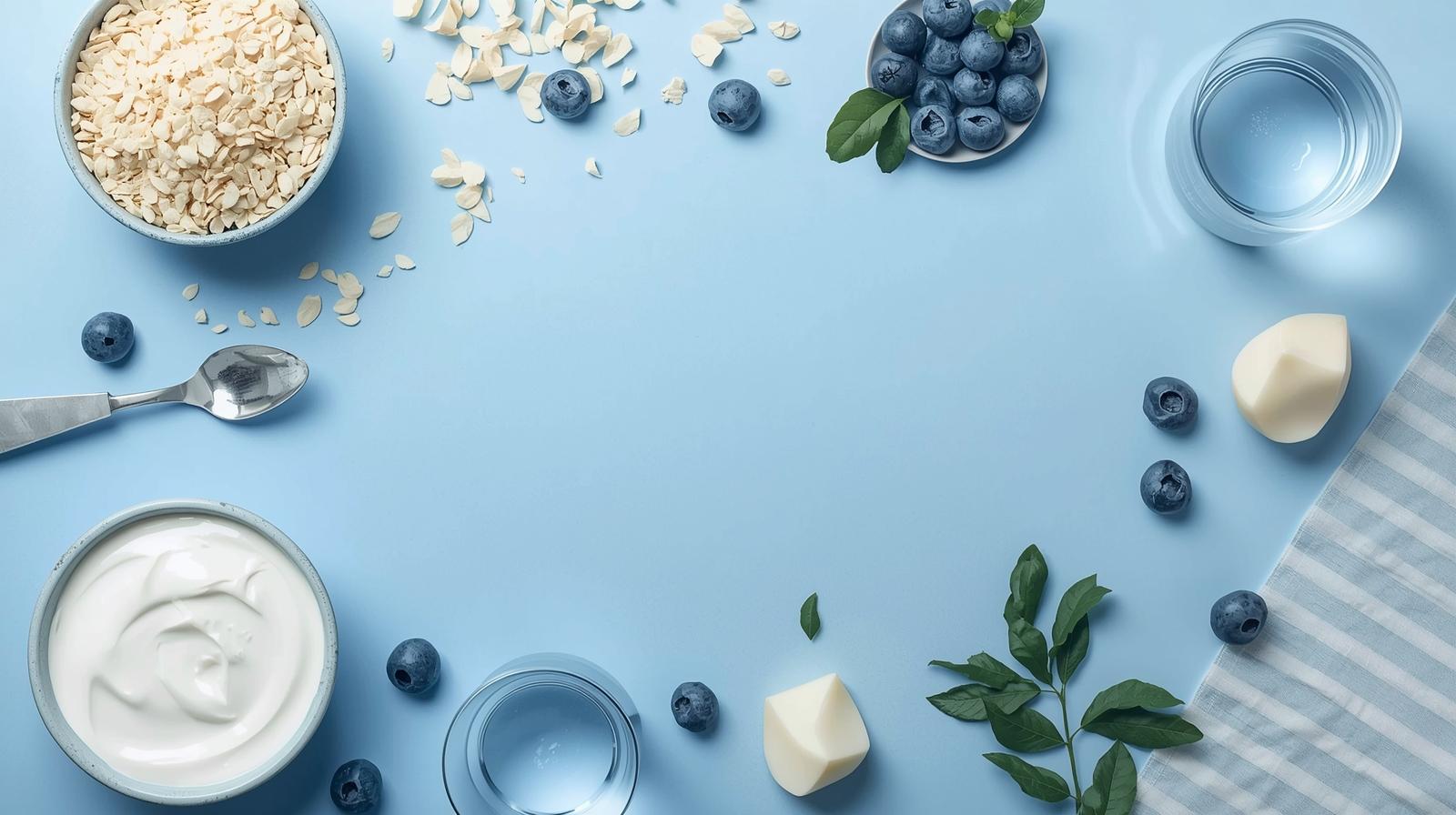September is National Digestive Awareness Month, which makes it the perfect time to check in on your gut and digestive health.
When most people think of the gut, they think of digestion—but your gut microbiome does far more. It helps train your immune system, influences how your body metabolizes food, and even communicates with your brain through what’s called the gut–brain axis. Research shows this two-way connection can influence mood, stress, and overall well-being (Mayer et al., 2015).
The good news: small daily habits can make a meaningful difference. If you’re wondering where to start, here are five simple, science-backed tips to help your gut thrive:
1. Get Enough Fiber (25–30g Daily)
Fiber is essentially fuel for your gut bacteria. When these microbes ferment fiber, they produce short-chain fatty acids (SCFAs) that strengthen your gut lining, reduce inflammation, and even play a role in regulating blood sugar. Diets rich in fiber are consistently linked with a more diverse and resilient microbiome (Makki et al., 2018).
Easy swap ideas:
-
Add oats or chia seeds to your breakfast.
-
Use lentils or beans as a protein source in lunch bowls.
-
Snack on carrots, apples, or hummus with whole-grain crackers.
-
Make broccoli, asparagus, or leafy greens a dinner staple.
2. Add Fermented Foods
Fermented foods naturally contain probiotics—live bacteria that can replenish your gut ecosystem. A Stanford study showed that eating fermented foods daily not only boosted microbial diversity but also reduced markers of inflammation (Wastyk et al., 2021).
Try adding:
-
A side of sauerkraut or kimchi for lunch or dinner.
-
A serving of kefir or yogurt with live cultures in the morning.
-
Miso soup or tempeh in plant-based meals.
Tip: Rotate different fermented foods so your gut is exposed to a variety of helpful microbes.
3. Drink Plenty of Water
Hydration does more than quench thirst. Water supports digestion, nutrient absorption, and the smooth movement of food through your system. Some studies also suggest proper hydration helps maintain the protective mucosal lining of your gut, which keeps harmful bacteria at bay.
How to stay on track:
-
Keep a reusable water bottle on your desk.
-
Flavor your water with lemon, cucumber, or mint if plain water feels boring.
-
Pair each meal with a glass of water to make hydration effortless.
Goal: Aim for at least 8 cups a day, more if you’re active.
4. Manage Stress in Small Doses
Stress doesn’t just live in your head—it impacts your gut too. High stress increases cortisol, which can slow digestion, change gut motility, and alter your microbiome balance. The gut and brain are in constant conversation, so calming your nervous system can directly benefit your gut health.
Simple ways to lower stress:
-
10 minutes of deep breathing, meditation, or yoga.
-
Journaling a quick gratitude list before bed.
-
A brisk walk outside to reset your mood and reduce cortisol.
Start small—just a few minutes a day can add up over time.
5. Get to Know Your Gut
Your microbiome is as unique as a fingerprint—and what works for one person may not work for another. That’s why testing can be powerful. Gut health tests can measure microbial diversity, identify imbalances, and track markers of inflammation or digestion issues. With personalized insights, you can make targeted choices rather than guesswork.
Tip: GutID’s Core Gut Insights test is designed to give you a clear picture of your microbiome and practical guidance to improve it. Testing once or twice a year helps you see how your lifestyle changes are really impacting your gut.
Final Takeaways
Improving your gut health doesn’t require an overhaul. It’s about small, consistent choices:
-
Eat more fiber.
-
Add fermented foods.
-
Stay hydrated.
-
Make space to de-stress.
-
Learn what your unique microbiome looks like.
This National Digestive Awareness Month, choose just one small change to start with—your gut, brain, and whole body will thank you.
References
-
Mayer EA, Tillisch K, Gupta A. (2015). Gut/brain axis and the microbiota. J Clin Invest. PubMed
-
Makki K, Deehan EC, Walter J, Bäckhed F. (2018). The impact of dietary fiber on gut microbiota in host health and disease. Cell Host Microbe. ScienceDirect
-
Wastyk HC, et al. (2021). Gut-microbiota-targeted diets modulate human immune status. Cell. PubMed


Share:
10 Things You Didn’t Know About the Gut Microbiome
What Alcohol Really Does to Your Microbiome: The Hidden Impact on Gut Health